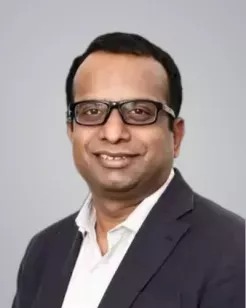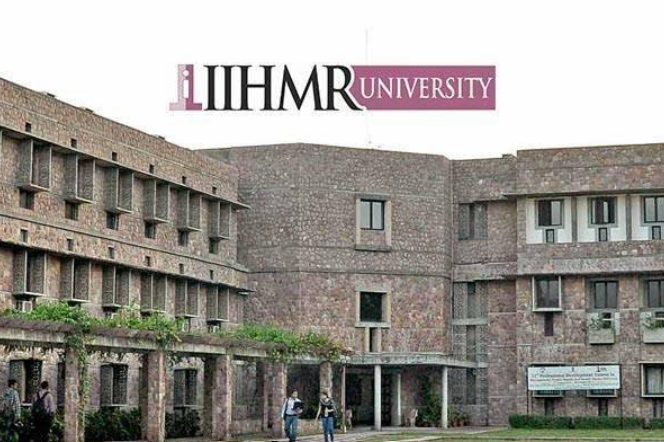
By – Dr. Ravi Kumar CP, Consultant – Pediatric Neurology, Aster CMI Hospital, Bangalore
Epilepsy is one of the most common neurological disorders affecting approximately 1 in 100 people in India. Characterized by recurrent seizures, which result from abnormal electrical activity in the brain. Seizures can vary in type and severity, and their unpredictability can significantly impact the daily life and well-being of those affected. Despite its prevalence, epilepsy remains underdiagnosed and misunderstood in many parts of the world. Through increased awareness, appropriate treatment, and lifestyle changes, individuals with epilepsy can lead fulfilling lives.
Symptoms
The hallmark symptom of epilepsy is seizures, but their nature can vary greatly.
• Focal Seizures: These originate in one area of the brain. They can be further divided into simple partial seizures (where consciousness is preserved) and complex partial seizures (where consciousness is impaired). Symptoms may include unusual sensations, changes in perception, or involuntary movements.
• Generalized Seizures: These involve both sides of the brain. The most common type of generalized seizure is the tonic-clonic seizure (formerly known as grand mal), which involves loss of consciousness, muscle rigidity, and rhythmic jerking movements. Other generalized seizures include absence seizures (brief lapses in consciousness), atonic seizures (sudden loss of muscle strength), and myoclonic seizures (sudden, brief jerks of the body).
Diagnosis
The diagnosis of epilepsy typically involves a combination of medical history, physical examination, and specialized tests. The most common diagnostic tool is an electroencephalogram (EEG), which measures the brain’s electrical activity. The EEG can detect abnormal patterns that indicate epilepsy, especially during or after a seizure. Additional tests, such as magnetic resonance imaging (MRI) or computed tomography (CT) scans, may be conducted to rule out structural abnormalities in the brain or other underlying conditions that could contribute to seizure activity.
In some cases, blood tests may be performed to check for metabolic or genetic factors, infections, or other medical conditions that could trigger seizures. A detailed assessment by a neurologist is critical to differentiate epilepsy from other conditions that may mimic seizure-like symptoms.
Management & Prevention
In recent years, dietary strategies have emerged as a conventional treatment, particularly for individuals whose seizures are difficult to control with medication. The two most commonly studied dietary approaches are the ketogenic diet and the low glycemic index treatment.
Ketogenic Diet: The ketogenic diet is a high-fat, low-carbohydrate diet that has been shown to reduce seizures in some people with epilepsy. On a ketogenic diet, the majority of your calories come from fats (about 70-80%), with a moderate amount of protein (around 20-25%), and very few carbohydrates (only about 5-10%).
• Fats: This includes foods like meat, fish, butter, oils, avocados, and nuts.
• Proteins: Foods like eggs, cheese, and meats like chicken, beef, and fish are common.
• Carbohydrates: You avoid or eat very small amounts of high-carb foods like bread, pasta, rice, potatoes, sugary snacks, and most fruits.
Low Glycemic Index Diet: The Low Glycemic Index (GI) Diet is an eating plan that focuses on choosing foods that cause a slower rise in blood sugar levels. The idea is to eat foods that are digested more slowly, helping to keep blood sugar levels steady rather than causing sharp spikes and crashes.
• High-GI foods (like white bread, sugary snacks, and sodas) cause a quick spike in blood sugar because they break down quickly into sugar.
• Low-GI foods (like whole grains, legumes, and most vegetables) break down more slowly and lead to a gradual rise in blood sugar.
Treatment
Epilepsy treatment focuses on controlling seizures and improving the quality of life for the patient. The approach typically involves a combination of medication, lifestyle adjustments, and in some cases, surgical intervention.
• Medications: Antiepileptic drugs (AEDs) are the most common treatment for epilepsy. These medications help to regulate the brain’s electrical activity and prevent seizures. It may take time to find the right medication and dosage for each individual, and some patients may experience side effects that require adjustments to their treatment plan.
• Surgery: For patients who do not respond to medications, surgical options may be considered. Surgery involves removing the part of the brain responsible for seizure activity. In some cases, a procedure called vagus nerve stimulation or deep brain stimulation may be used to help control seizures.
Despite the significant advances in understanding and treating epilepsy, there remains a widespread lack of awareness about the condition. Raising awareness is crucial to improving the lives of people and by enhancing access to effective treatments.
A multi-faceted plan of action should also include better integration of dietary therapies, holistic approaches, and individualized care to address the diverse needs of individuals living with epilepsy. By fostering a deeper understanding of epilepsy and promoting timely intervention, we can ensure that those affected by this disorder lead healthier, more empowered lives.






